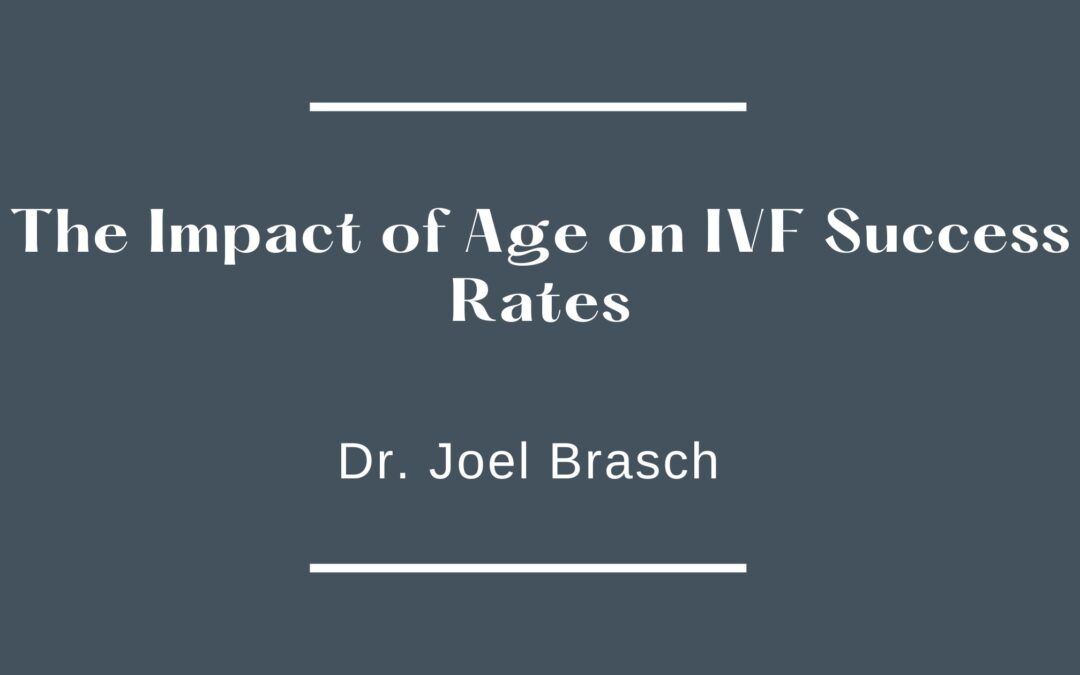In vitro fertilization (IVF) has become a beacon of hope for many couples struggling with infertility. Since its inception, IVF has helped millions of people achieve their dreams of parenthood. However, one of the most significant factors influencing the success rates of IVF is the age of the woman undergoing the treatment. Understanding how age impacts IVF outcomes can help individuals make informed decisions about their fertility journey.
Age and Fertility
Female fertility naturally declines with age. Women are born with a finite number of eggs, and this number decreases over time. Additionally, the quality of these eggs diminishes as women age, leading to a higher likelihood of chromosomal abnormalities. This decline in both the quantity and quality of eggs is a primary reason why younger women generally have higher fertility rates compared to older women.
IVF Success Rates by Age
The success rates of IVF vary significantly with age. According to data from the Society for Assisted Reproductive Technology (SART), the average success rates for IVF are:
- Under 35 years old: Women in this age group have the highest success rates, with approximately 40-50% of IVF cycles resulting in a live birth.
- 35-37 years old: The success rate drops to 30-40%.
- 38-40 years old: Women in this age group have a success rate of about 20-30%.
- 41-42 years old: The success rate decreases to approximately 10-20%.
- Over 42 years old: Women older than 42 have the lowest success rates, often below 5%.
These percentages are general estimates and can vary based on individual circumstances and the protocols used in the IVF process.
Factors Influencing IVF Success Rates
While age is a significant factor, several other elements can impact the success rates of IVF:
- Egg Quality and Quantity: As mentioned earlier, the quality and quantity of a woman’s eggs decline with age, affecting the chances of successful fertilization and implantation.
- Sperm Quality: The male partner’s sperm quality also plays a crucial role in the success of IVF. Age can affect sperm quality, but the impact is generally less pronounced than that on female fertility.
- Health Conditions: Conditions such as polycystic ovary syndrome (PCOS), endometriosis, and uterine fibroids can affect IVF success rates. Managing these conditions effectively can improve outcomes.
- Lifestyle Factors: Smoking, excessive alcohol consumption, and obesity can negatively impact fertility. Adopting a healthy lifestyle can improve the chances of IVF success.
- IVF Protocols and Technology: Advances in IVF techniques and technologies, such as preimplantation genetic testing (PGT) and intracytoplasmic sperm injection (ICSI), have improved success rates, particularly for older women.
Strategies for Improving IVF Success
Despite the challenges posed by age, some strategies can improve the chances of a successful IVF outcome:
- Fertility Preservation: For women who are not ready to conceive but wish to preserve their fertility, egg freezing (oocyte cryopreservation) is an option. Freezing eggs at a younger age can increase the likelihood of a successful IVF cycle later.
- Use of Donor Eggs: Using donor eggs from a younger, healthy donor can significantly improve success rates for older women or those with poor egg quality.
- Optimizing Health: Maintaining a healthy lifestyle, managing chronic conditions, and working with a fertility specialist to optimize overall health can enhance IVF outcomes.
Conclusion
Age is a crucial factor influencing IVF success rates, with younger women generally experiencing higher success rates compared to older women. However, advancements in fertility treatments and technologies, along with strategic approaches to managing health and fertility, offer hope for individuals of all ages. Understanding the impact of age on IVF and exploring available options can empower prospective parents to make informed decisions on their journey toward parenthood.

